|
Master Gardener Volunteers helped Ruby's Pantry in Siren this spring with their hoop house. Ruby's provides fresh vegetables and volunteer opportunities to their clientele so their hoop house was very important to them. They needed help getting the plastic cover installed properly which was a multi-day endeavor. This was also a learning experience for Ruby's and the volunteers they provided.
For more ideas on extending the season - see these website:
0 Comments
Background information on the project: The Heinz tomato variety is called H9478 – a plum tomato (sometimes referred to as a “Roma” tomato.) The variety was developed under the leadership of horticulturalist Dale Smith, a member of the original Science Committee on the Tomatosphere program team, and a supporter of the Tomatosphere Project. The Heinz seed tomato variety, was launched to the International Space Station (ISS) on board SpaceX’s Dragon. They were on the ISS from June- July 2017, then brought back to Earth for classroom use. New initiatives in tracking, germinating and growing tomatoes on the ISS will further enhance the Tomatosphere experience over the next few years. Each classroom is sent two packages of tomato seeds. One package contains seeds that have been sent into space and the other package contains “control” seeds, which have been kept on Earth.
How does it work? Through the Tomatosphere project, students learn how to conduct a scientific experiment and compare the germination rates of the two groups of seeds. Tomatosphere relies on a “blind test” in which educators and students do not know which of the two packages are the “space” seeds and which are control seeds until the germination process is complete and results have been submitted. Watching these seeds germinate and grow encourages classroom dialogue about the elements of life that support the requirements for space missions – food, water, oxygen and the need to consume carbon dioxide exhaled by astronauts. Travelling to and from Mars could take more than two years, therefore it is vital to know how to grow food while astronauts make the journey to the Red Planet, spend time on Mars and make the return journey back to Earth. The results from the Tomatosphere science experiments help scientists understand some of the issues related to long-term space travel. It’s an out-of-this-world opportunity for students! The Spooner 4th grade students were led thru a discussion of what seeds need to grow on earth and how it is different in outer space. The students brought up how in outer space there is no gravity, air or sunlight. If you planted a seed in a regular pot the soil and seeds would just float away. To grow food on the space station the astronauts would have to bring up soil, water and grow lights and figure out a way to secure them in a no gravity environment. They also discussed growing crops on Mars and the climate difference. Nikki Halverson asked the students to draw pictures of what they think a garden would look like on Mars and answer the following questions with their drawing.
The next step was to plant the seeds from packets labeled “J&K”. Over the next few weeks they recorded the germination dates and submitted the data back to the Tomatosphere project. The project will inform us which packet was from the space station. After three weeks 0 of the 11 J packet seeds germinated and 9 of the 11 seeds germinated from the K packet. We reported the data back to the Tomatosphere project and found out the J packet was from space and K packet was from earth. The students were a bit disappointed that none of the space seeds germinated. Each student got a certificate from Tomatosphere and got to take home a tomato seedling if they chose to. We are looking forward to doing this project again in 2019. Extension Week – Connecting the U to YOU
Published on September 13, 2018 by amy.tromberg Join us for any of our Extension Week Programs: October 7-13, 2018! We want to highlight some of the great things UW-Extension does in our community and bring awareness to the wide range of educational and informative programs by hosting Extension Week! Connecting the University of Wisconsin to You! To learn more about upcoming programs see details at this link. Connecting the U to YOU! Presented by: UW-Extension Educators in Ashland & Bayfield Counties
|
|
| North Country MGV | gARDEN bLOGS |
Location |
|
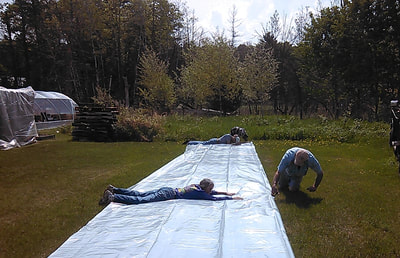
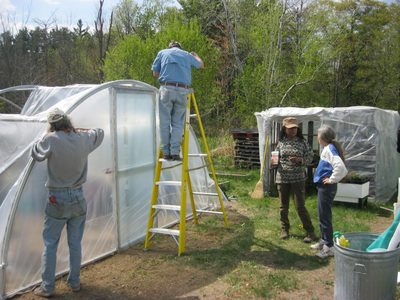
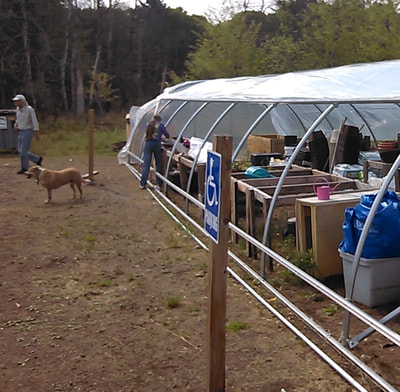
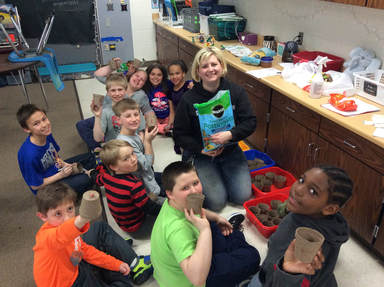
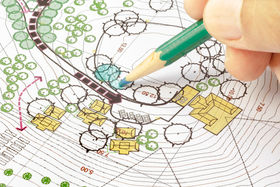
 RSS Feed
RSS Feed